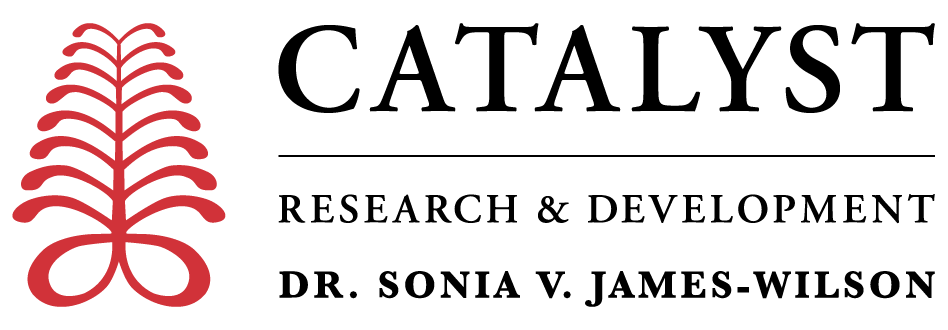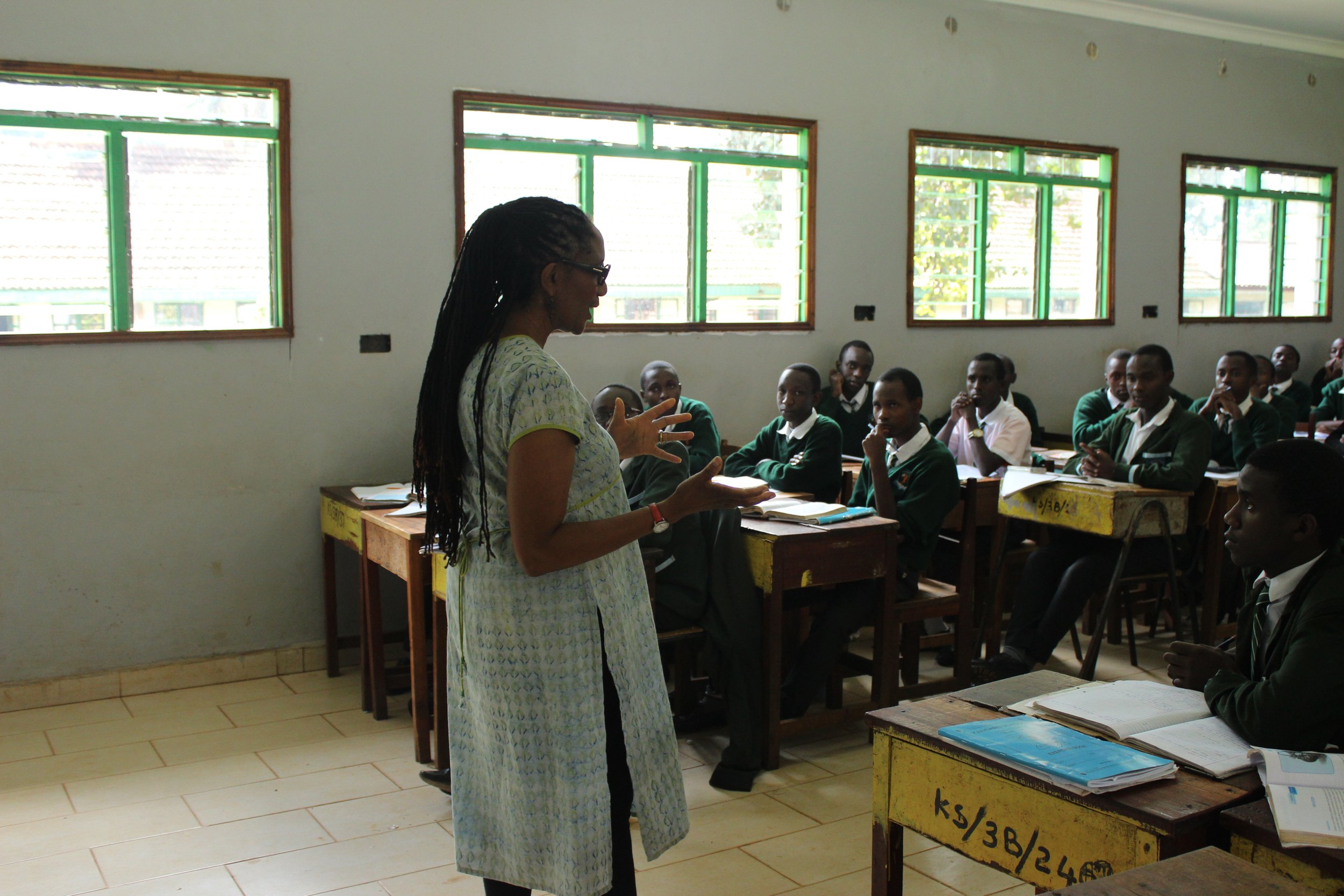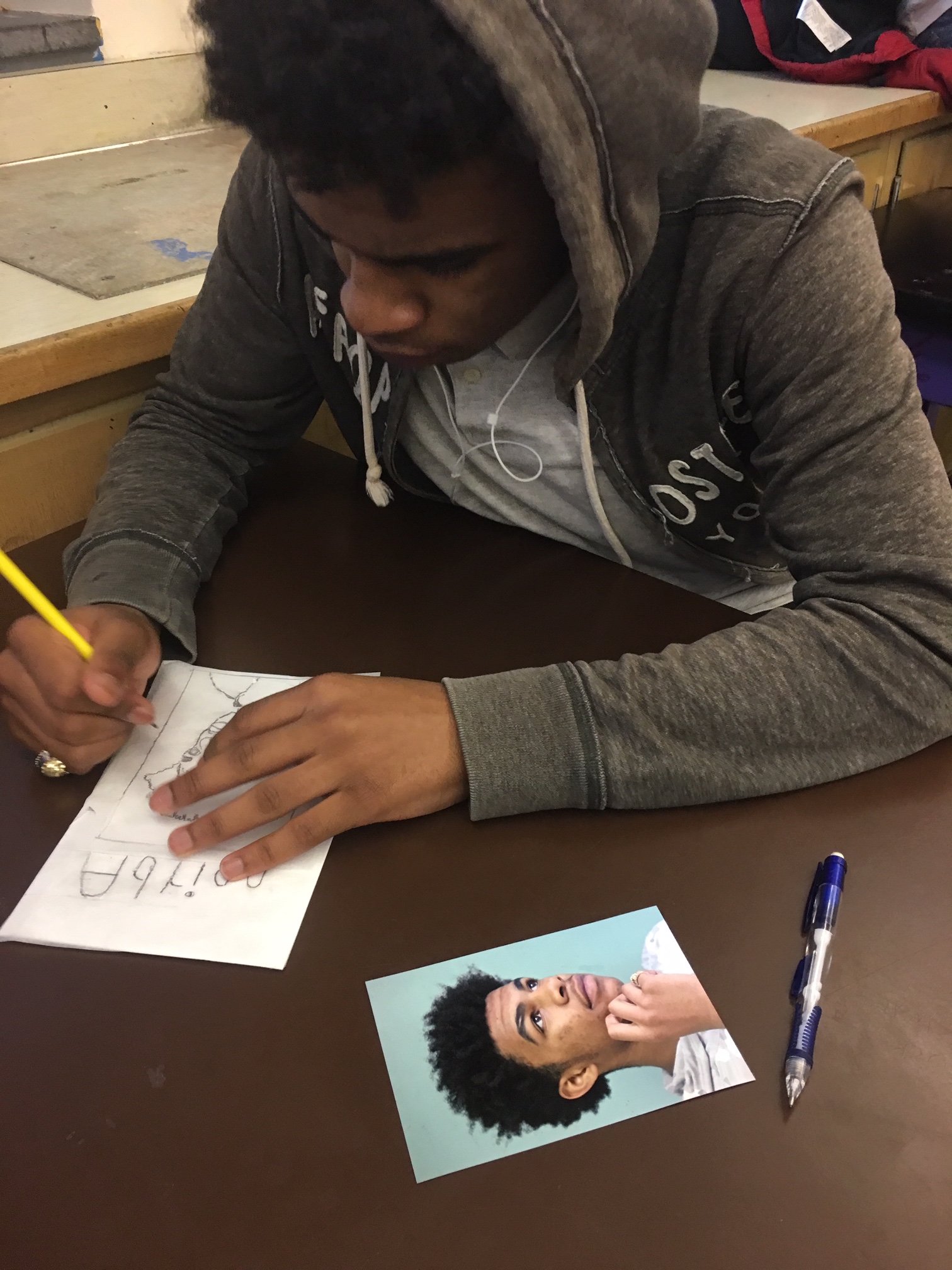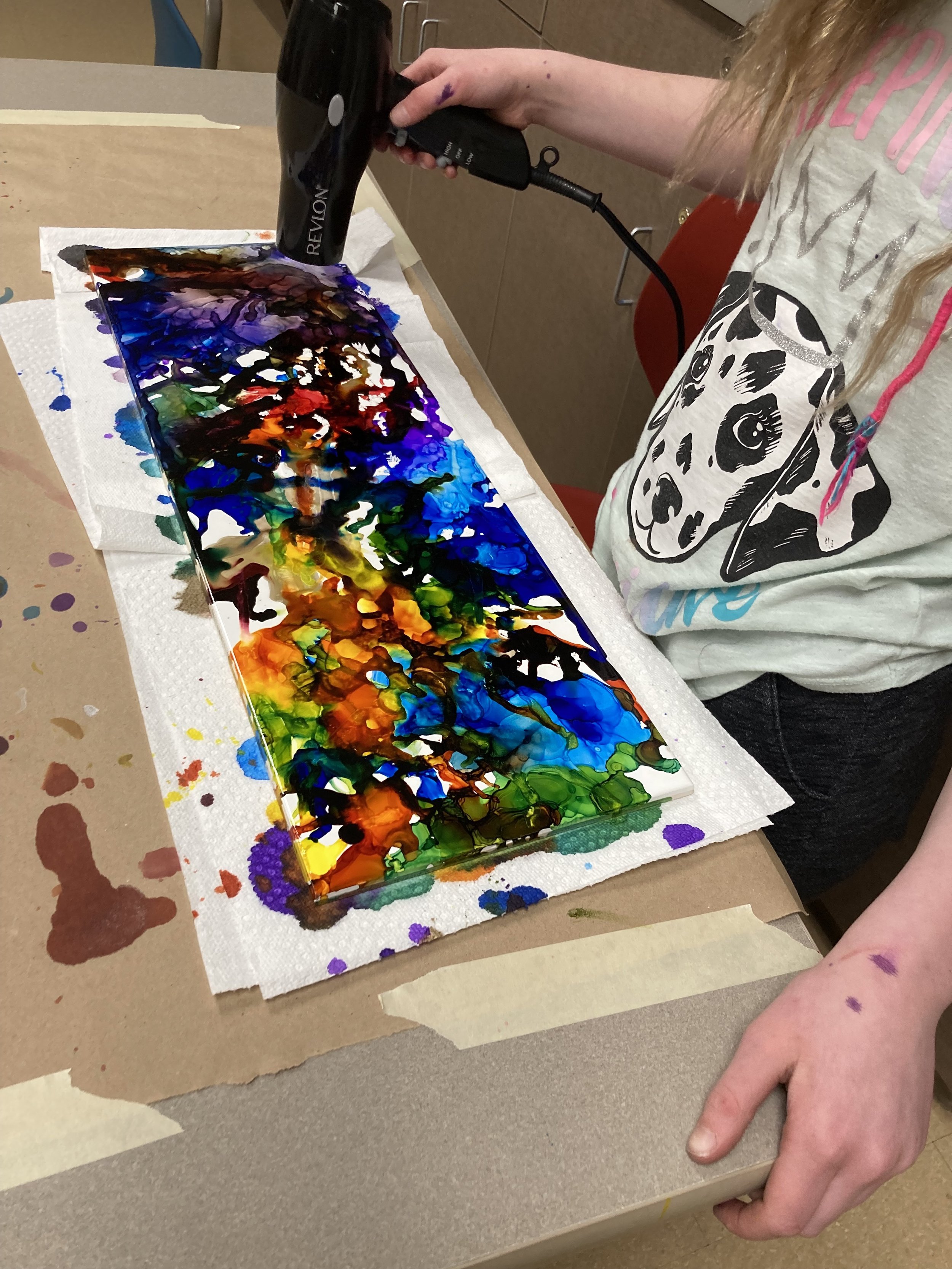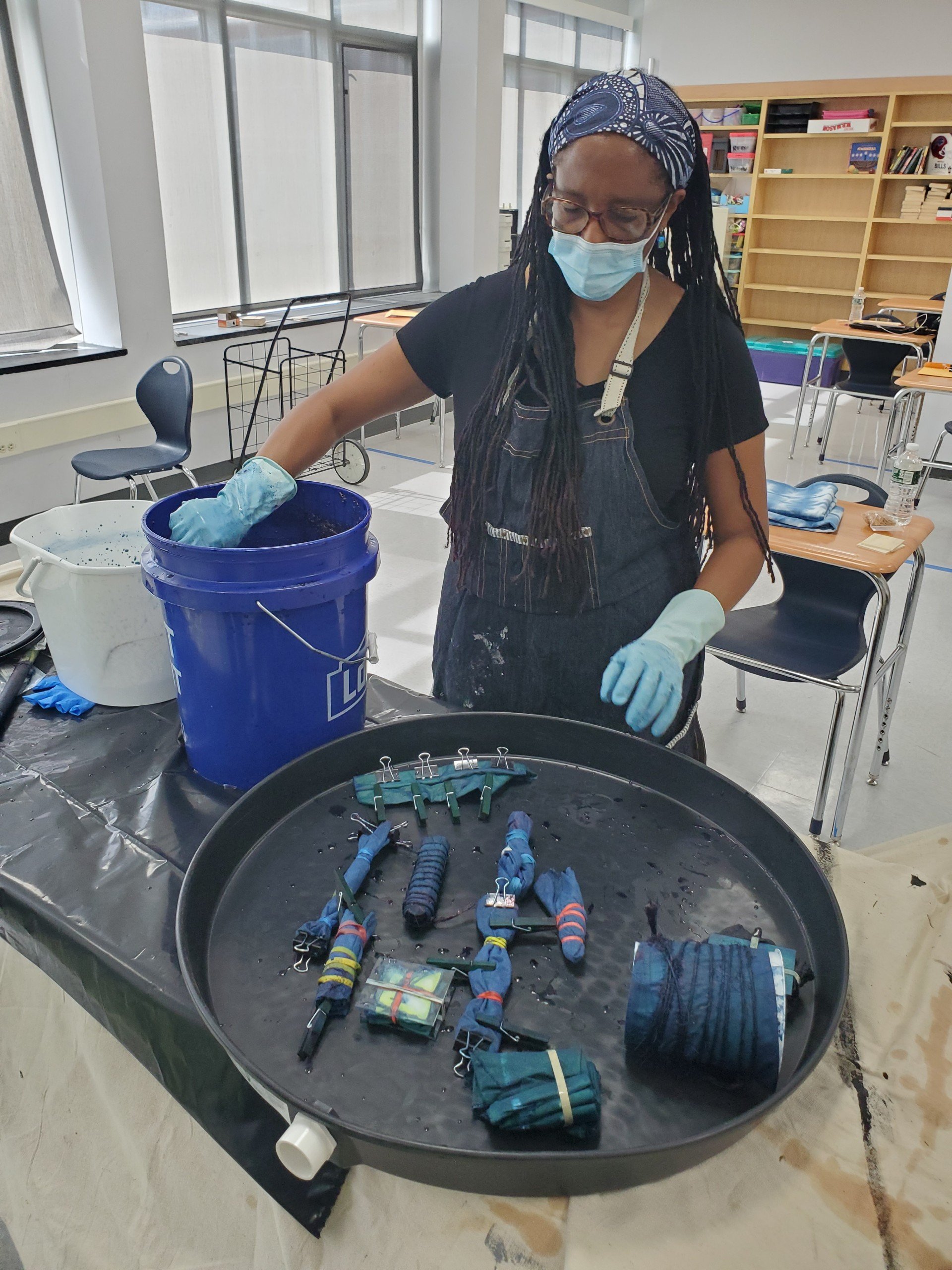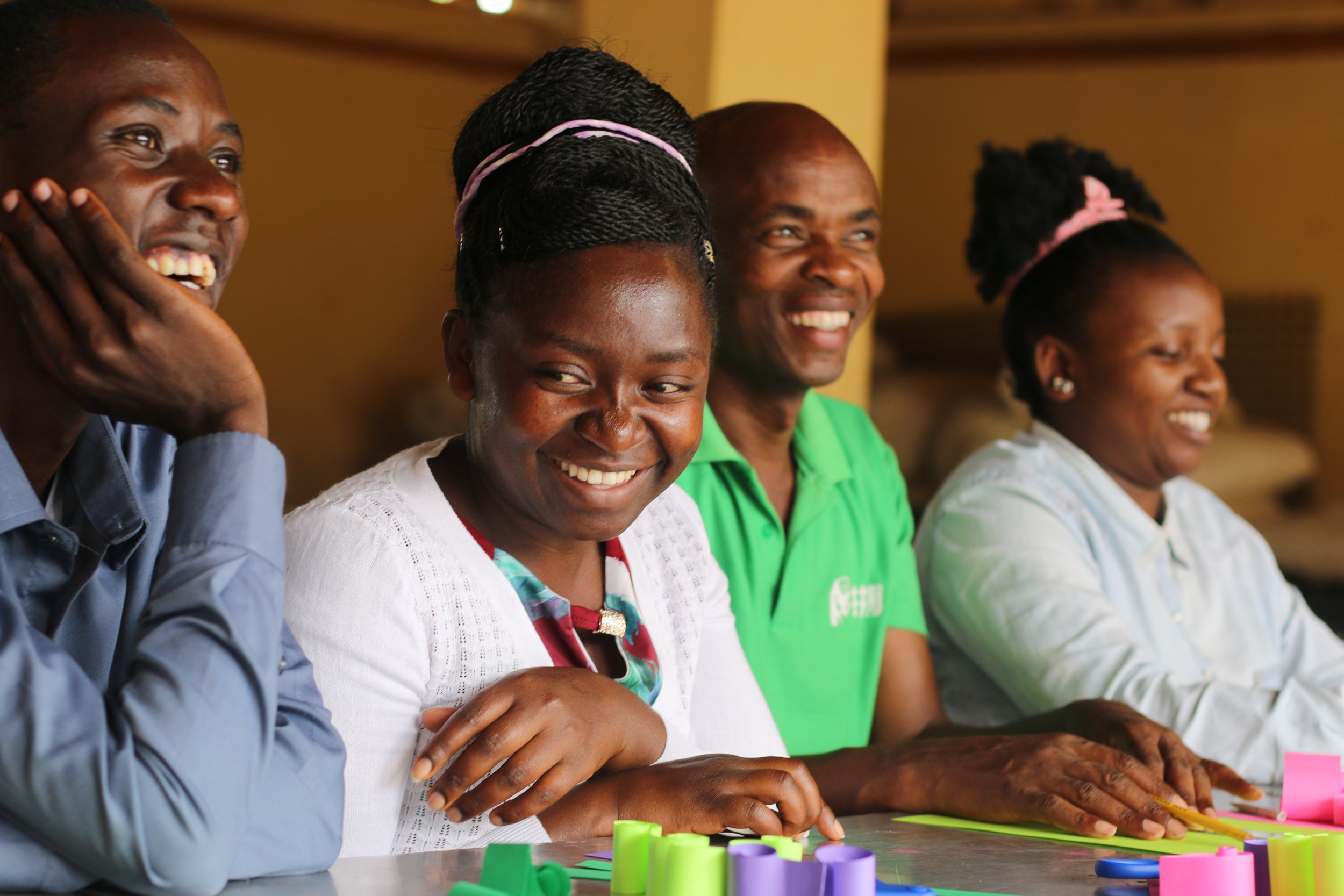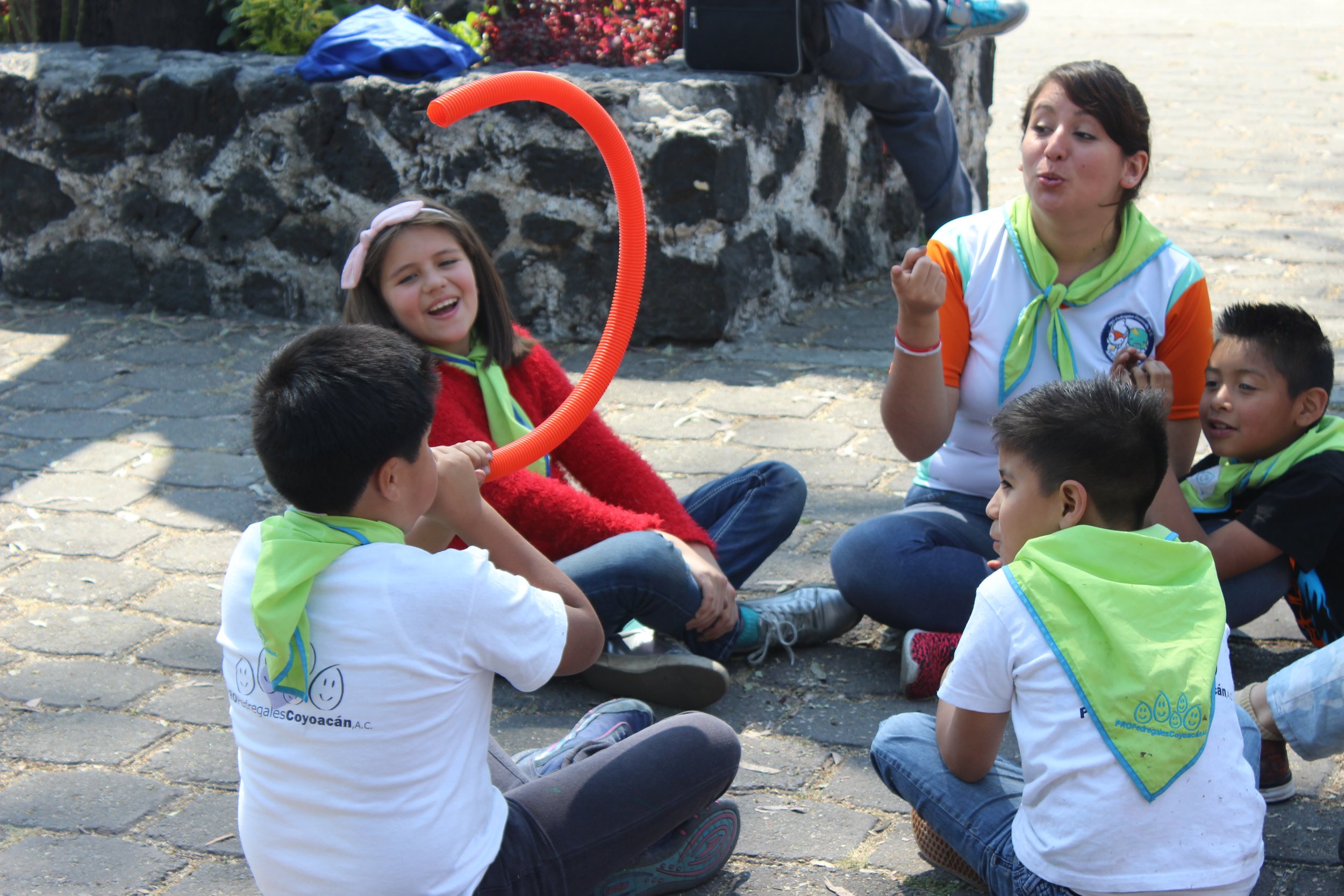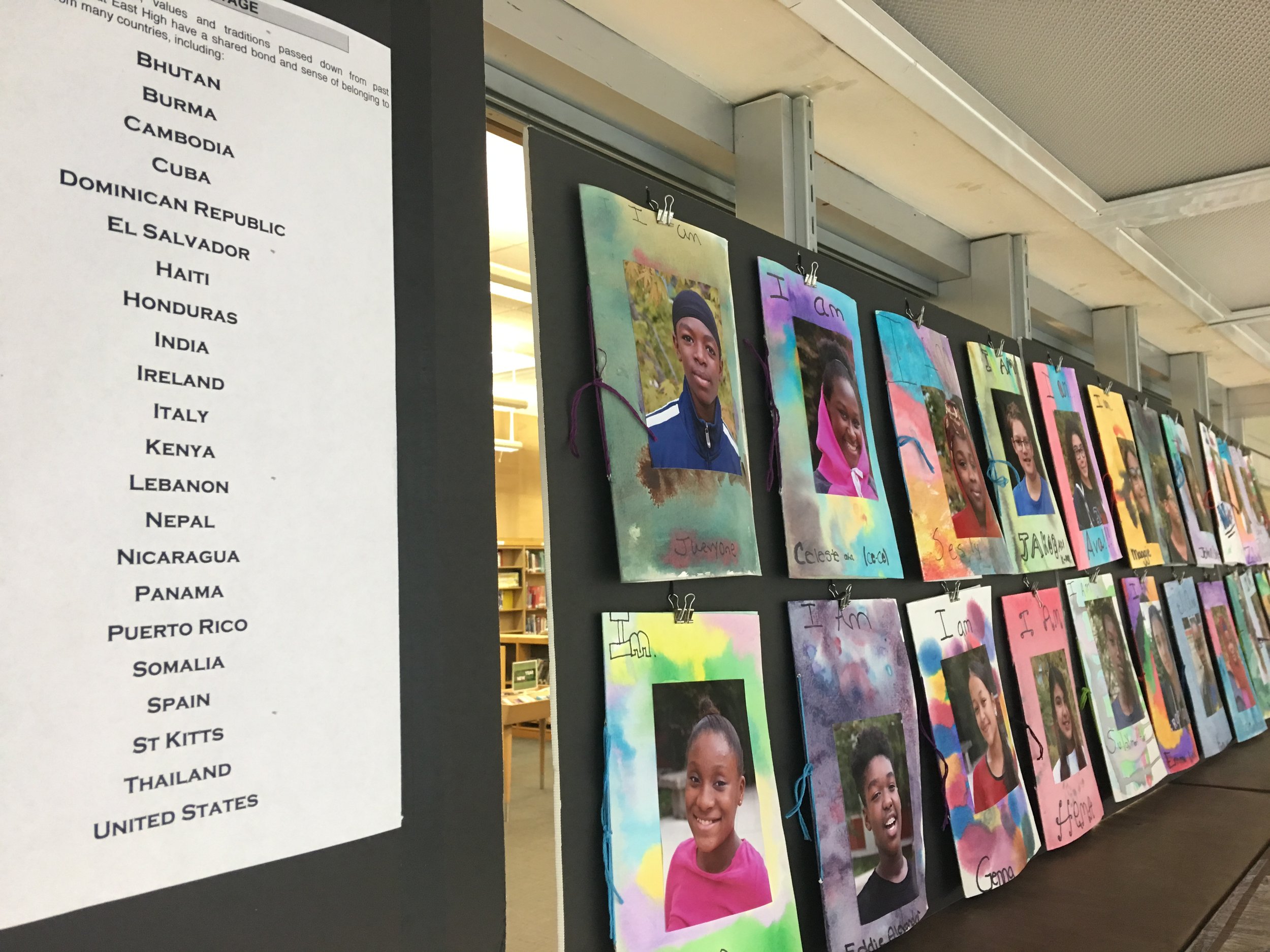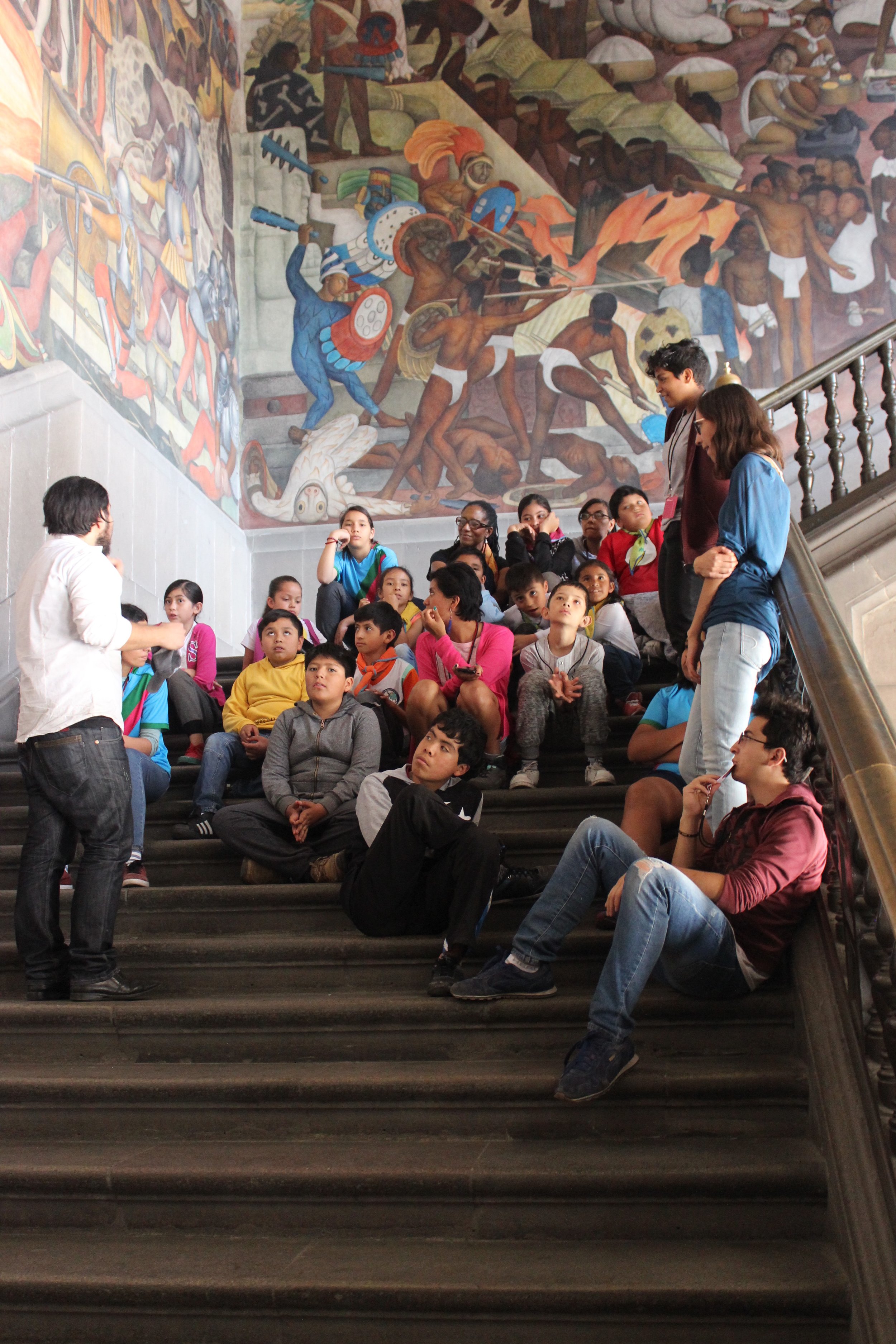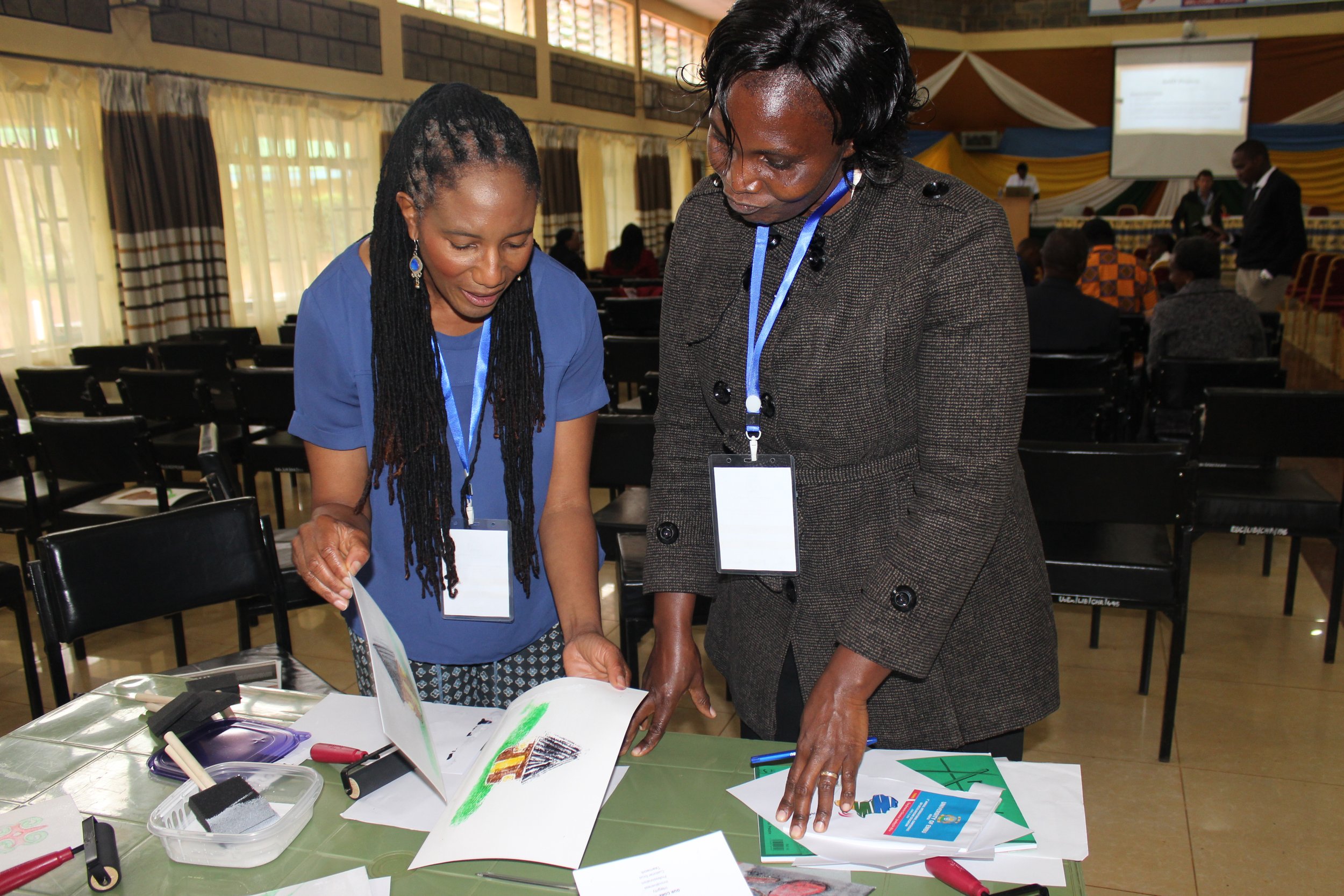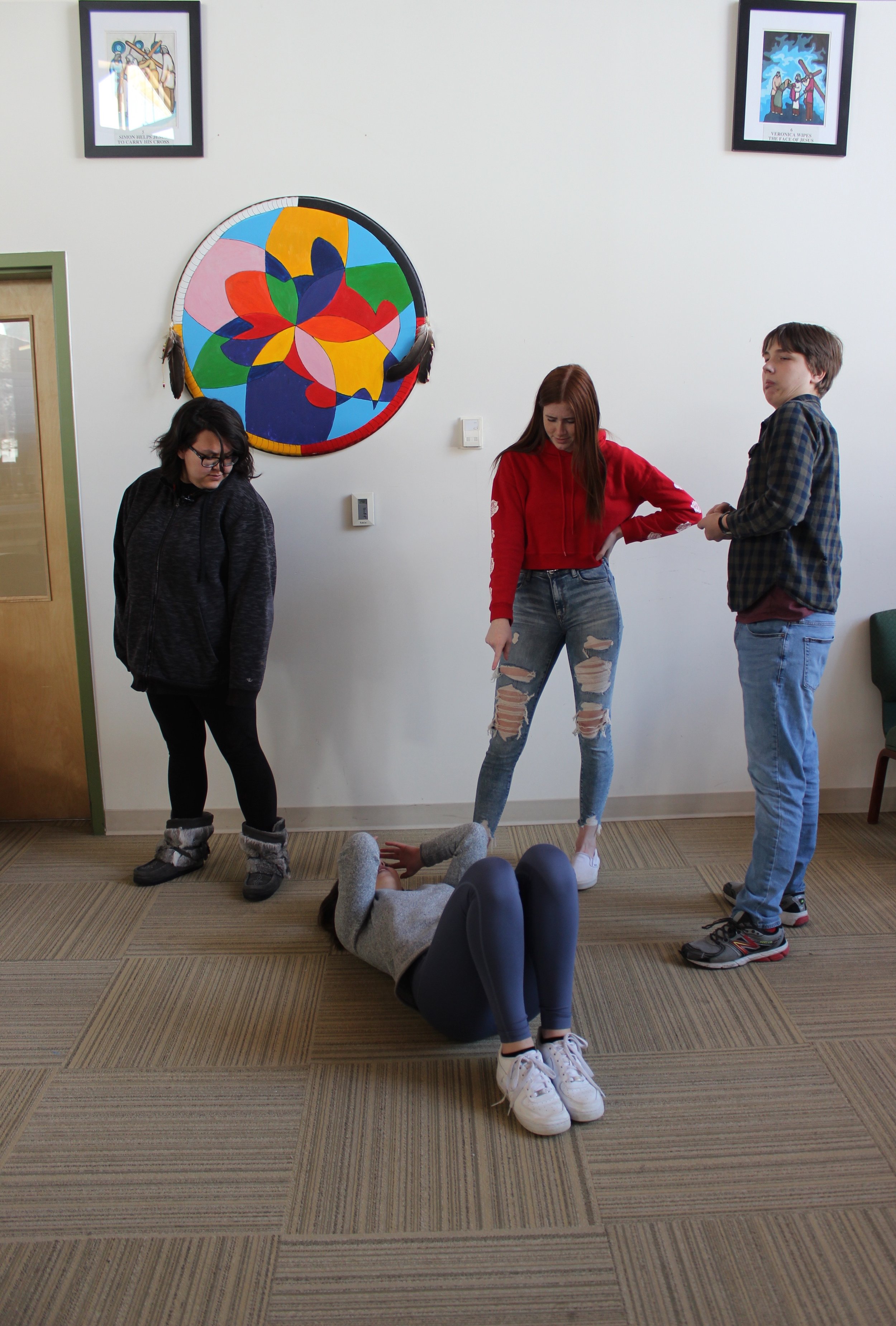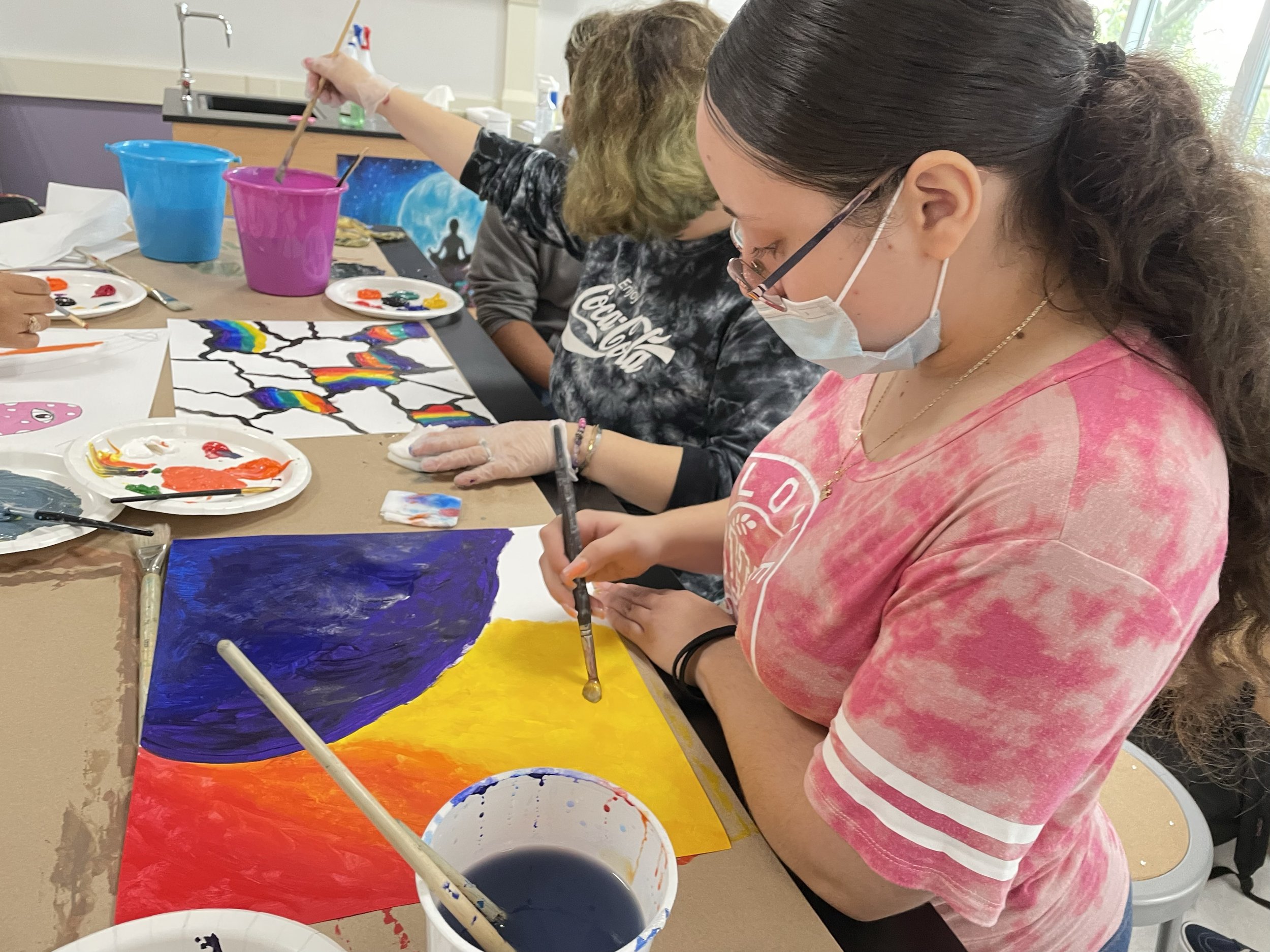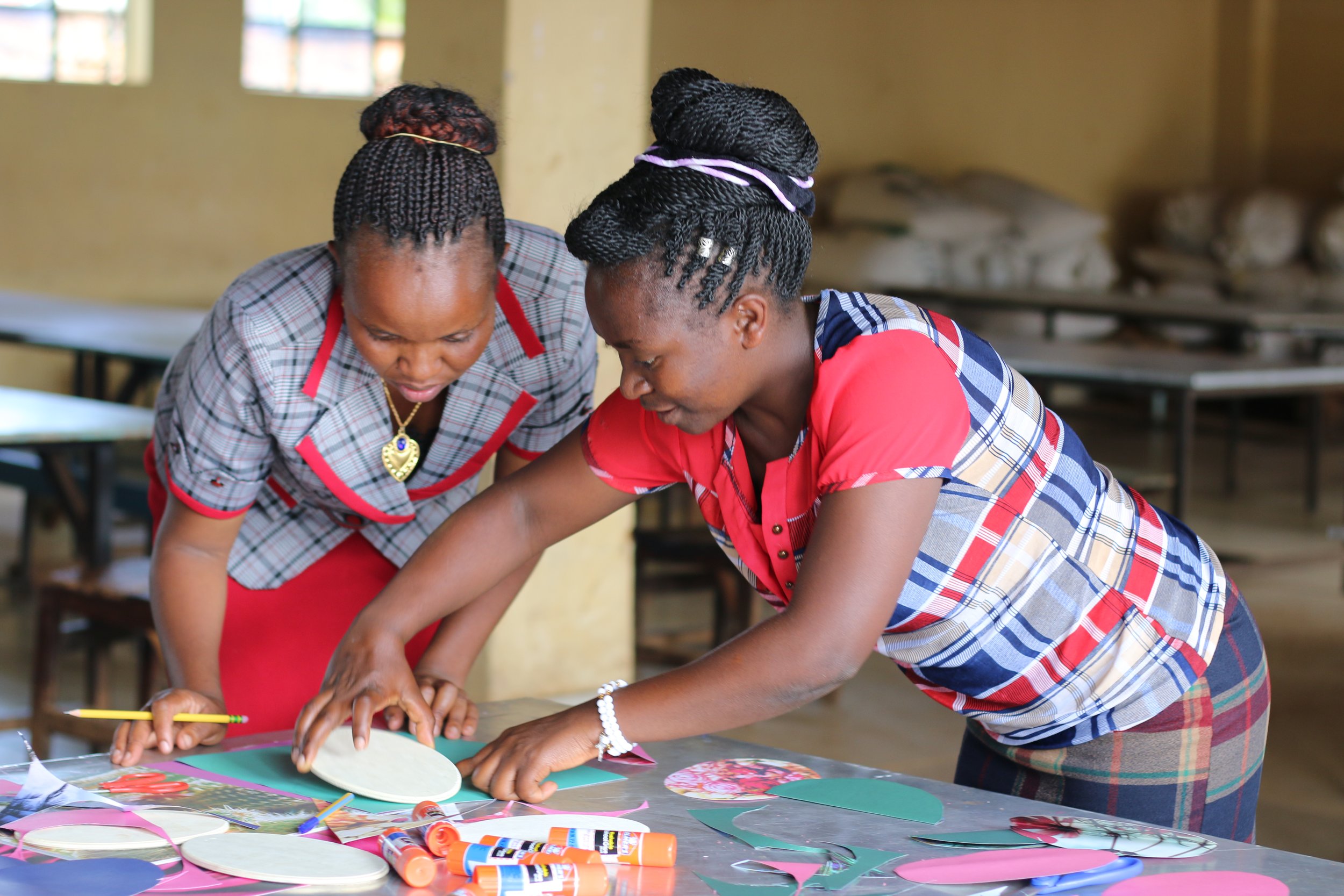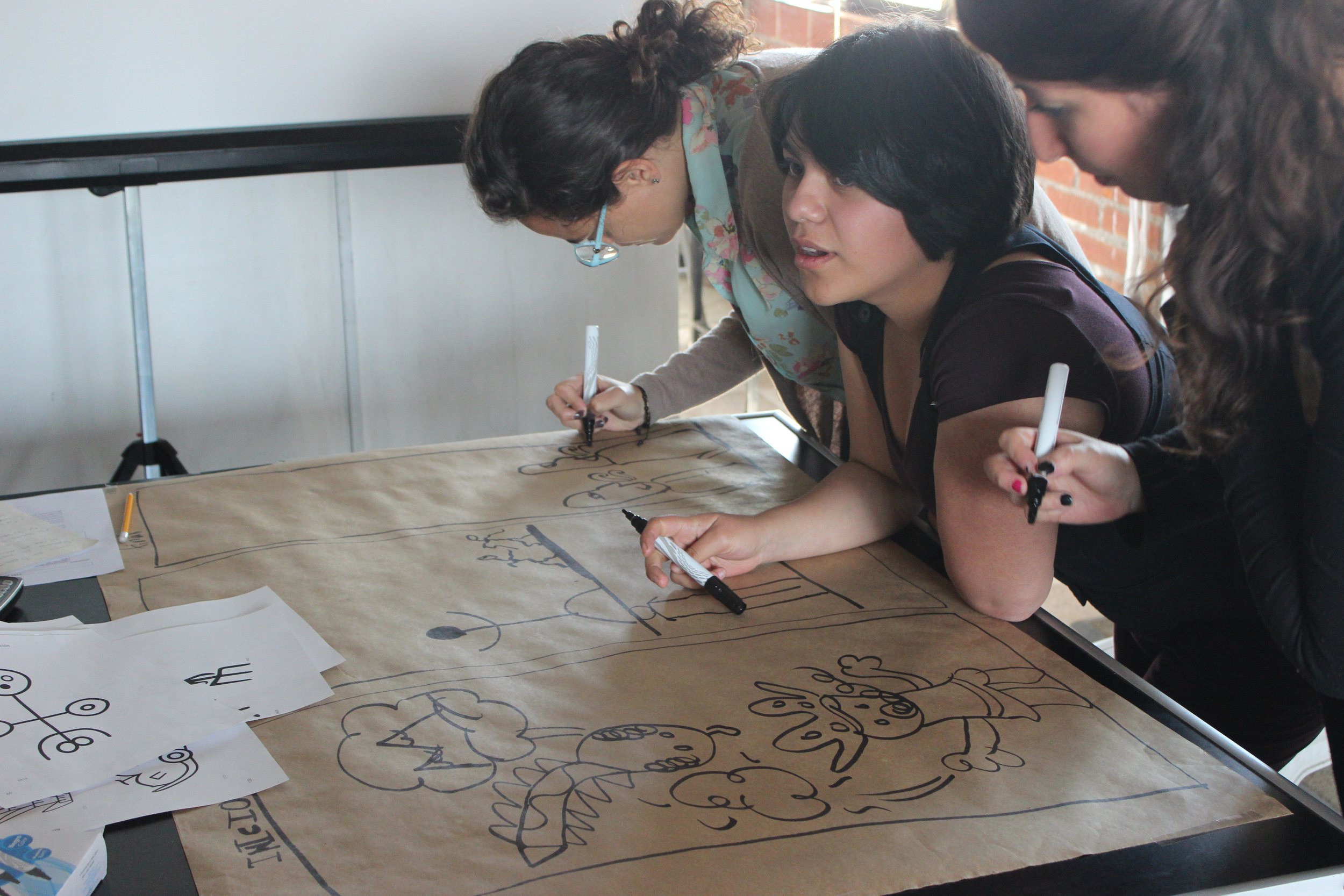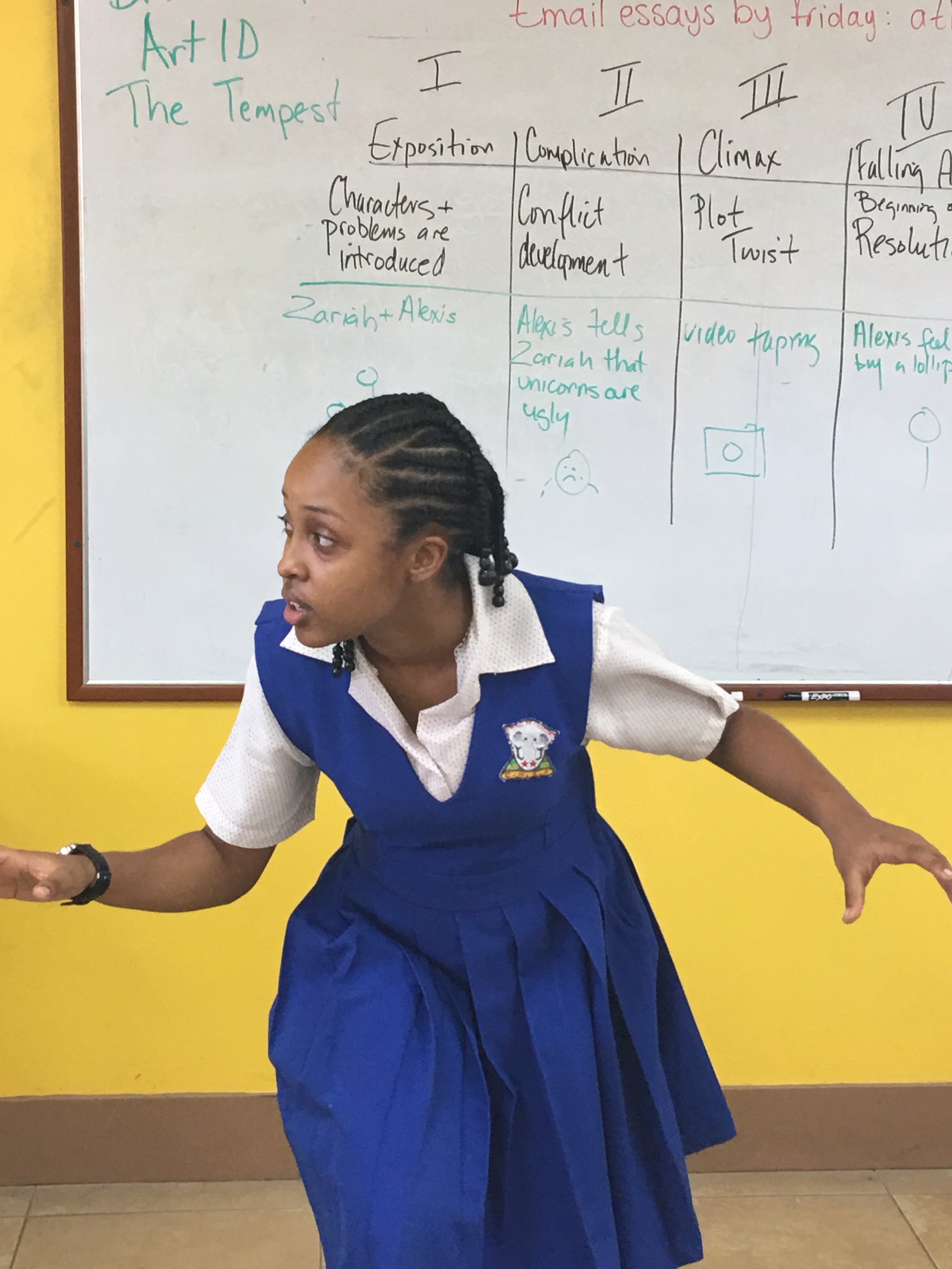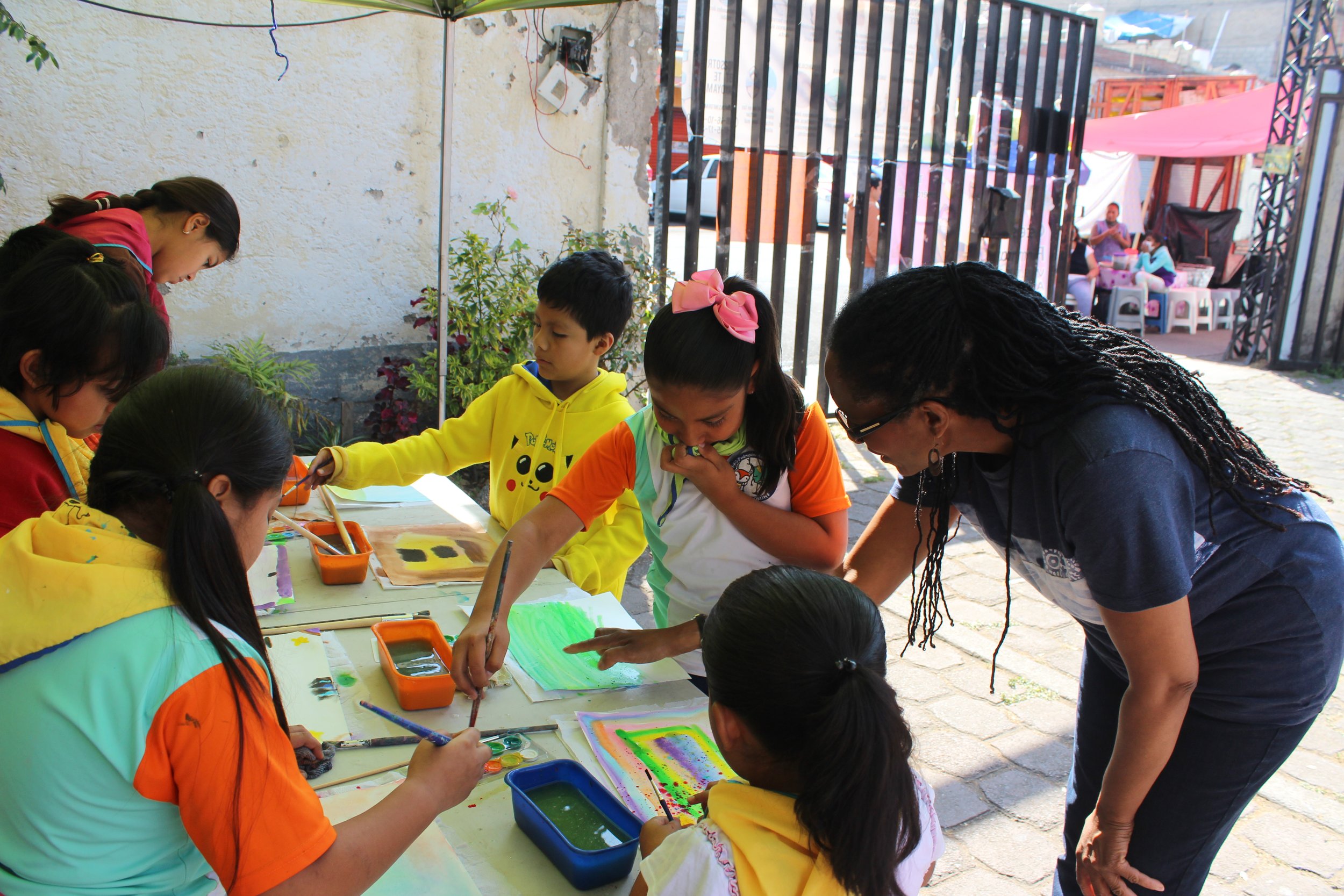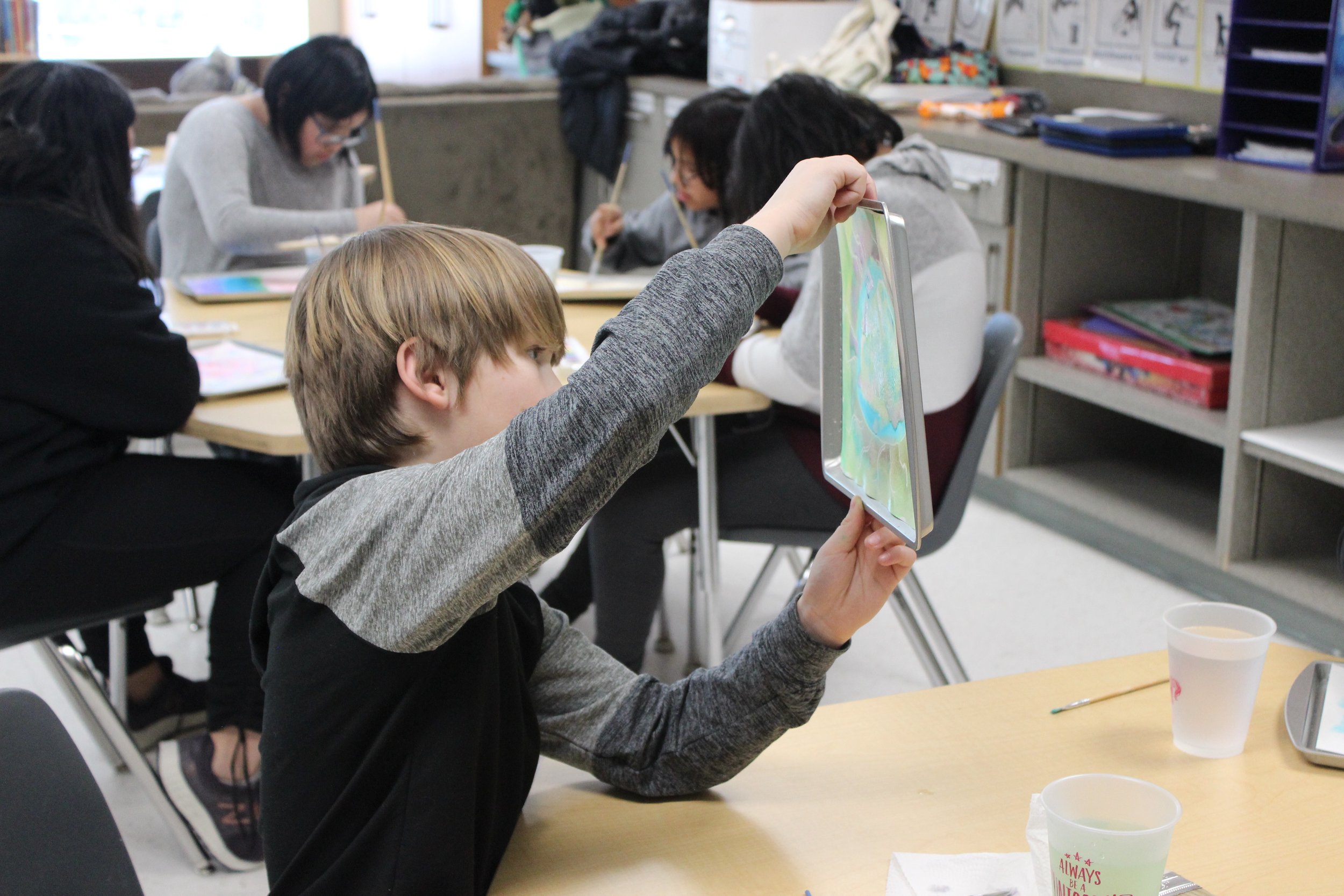Our Approach
Decolonizing Education
When the call to decolonize education emerged in the 1950’s and 1960’s, scholars and practitioners alike were seeking a form of teaching and learning that would build students’ capacity to express their full humanity. A positive cultural identity is an important part of that expression, as the goal of colonial education was to strip away the individuality and personhood of the colonial subject, and to institutionalize systems to ensure both cultural assimilation and amnesia. As such, a decolonized education emerges from the local, and revives connections to indigenous knowledges and practices that have been discouraged, disregarded and disrespected. Pedagogical approaches that are responsive to the ways in which students learn, and relevant to their lived experiences are the hallmark of this way of teaching. A decolonized education involves meaningful learning experiences that connect students to their cultural communities, their histories, their stories and the stories of their people, and fosters the resilience required to withstand and resist oppression.
The ArtID Approach
Since 2016, the ArtID Approach (“ArtID”) has continued to be developed by Dr. Sonia James-Wilson and is informed by her extensive background in urban education, professional learning and integrated arts curriculum development. ArtID draws on the theory and practice of decolonizing education, and the related frameworks of culturally relevant and responsive pedagogy and anti-racist education as articulated by George S. Dei.
The ArtID Approach uses the visual, literary, and performing arts as a vehicle through which to development positive identities. This work recognizes that all people, without exception, have cultural and ethnic backgrounds, practices and ways of being that they have learned from their families and the communities with which they are affiliated. It also acknowledges that not all groups are valued equally in society, and that racist, discriminatory and exclusionary practices contribute to a systematic and relentless assault on some more than others. The ArtID Approach emphasizes the intersecting nature of our multiple identities, and how we are all positioned vis-à-vis those differences. It also problematizes the marginalization of certain voices and bodies over others, even in work geared towards eliminating oppression.
The ArtID Approach provides opportunities for students to experience creativity as a form of self-expression, and to develop images of themselves that are positive and affirming, and that reflect the inherent value of their lives and experiences. Through the art making process, ideas, biases, attitudes and beliefs become illuminated so that they can be called into question, strengthened, shared with others, reformulated or discarded. The approach also encourages critical thinking, and the use of multiple pathways through the investigation of questions, where processing ideas becomes more important than finding right answers.
The ArtID Approach guides Dr. James-Wilson’s work in school- and community-based art residencies, intensive professional learning experiences for teachers, including summer institutes, and teacher leadership development. ArtID learning experiences were first piloted in 2016 with middle school students in the United States, and have since been implemented with students, teachers, administrators and university faculty in Canada, Mexico, the Caribbean, and East Africa.
ArtID International
ArtID International, Inc. is a 501 (c) (3) non-profit organization established in 2019 to provided underserved schools and communities with high-quality, arts-based teaching, professional development, learning materials, and art-making experiences free of charge.
The fundraising function of ArtID International has helped to expand the use of the ArtID Approach beyond the United States, and in addition to art residencies and professional development, donations also support the exhibition of art and live performances, community engagement initiatives, and the entrepreneurial projects of schools and communities with which Dr. James-Wilson has developed partnerships.
